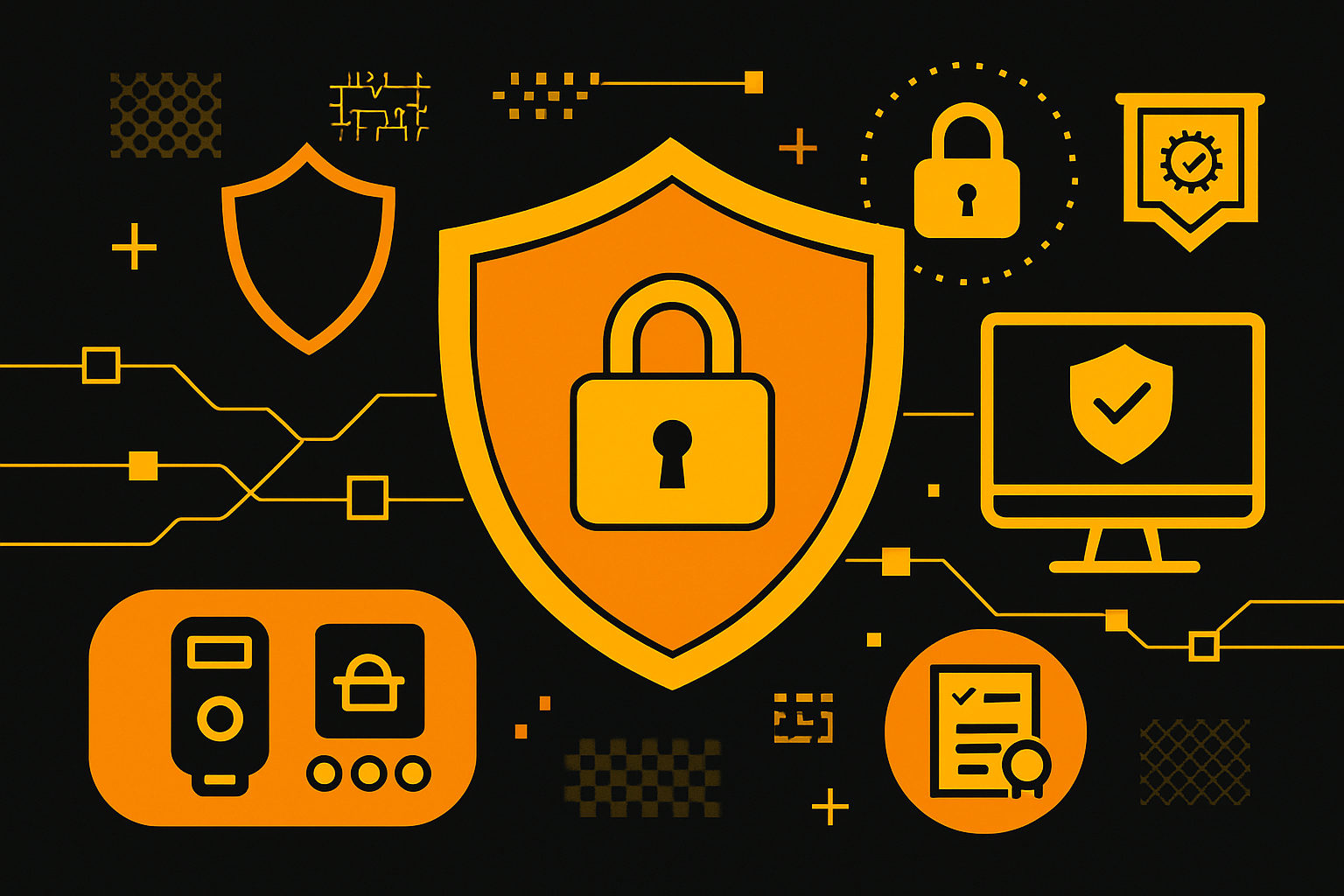
In the rapidly evolving world of decentralized identity, idOS stands out as a chain-agnostic solution that finally delivers on the promise of self-sovereign identity without the perennial hassle of repeated Know Your Customer (KYC) checks. As Web3 adoption accelerates and regulatory scrutiny intensifies, both users and developers are searching for secure, privacy-preserving ways to manage digital credentials across multiple blockchains. idOS addresses this need by enabling individuals to control their encrypted personal data, seamlessly reuse KYC credentials, and interact with over 40 blockchain networks, all without sacrificing compliance or security.
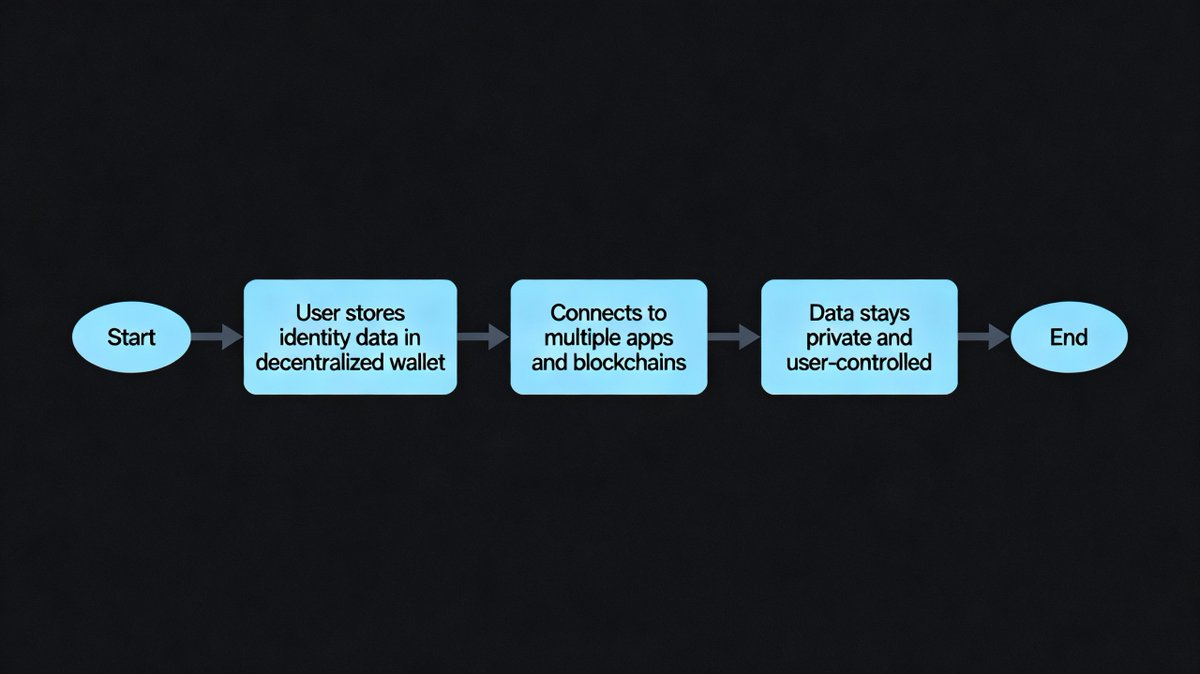
Decentralized Identity Without Borders
The traditional model of digital identity is fundamentally flawed: users must repeatedly submit sensitive documents to centralized providers for every new platform or application. This not only increases onboarding friction but also exposes users to significant privacy risks and data breaches. In contrast, idOS introduces a decentralized architecture where individuals retain full ownership and control over their data. Credentials are stored in a distributed network of nodes rather than centralized databases, with access governed entirely by user permissions.
This approach is not just theoretical, it is operational on both EVM and non-EVM chains, making idOS one of the few solutions capable of supporting a truly cross-chain digital identity. Whether you are accessing a DeFi protocol on Ethereum or an NFT marketplace on Solana, your idOS profile follows you, eliminating redundant verifications and ensuring your privacy is preserved at every step.
Reusable KYC: Streamlining Compliance Without Compromise
The most persistent pain point in Web3 onboarding remains KYC: each dApp or service typically requires its own verification process, resulting in inefficiency for users and increased compliance burdens for platforms. idOS solves this by allowing users to complete KYC once with a trusted provider integrated into the network. These verified credentials can then be securely reused across any participating dApp, removing the need for repetitive document uploads and manual reviews.
This model is particularly powerful for regulated environments where Anti-Money Laundering (AML) requirements are stringent. Data consumers (such as exchanges or lending platforms) can access only what they are legally permitted to see, and only for as long as necessary. Users maintain granular control over who accesses their data and can revoke permissions at any time, an essential feature for anyone concerned with minimizing their digital footprint.
Security Architecture: Multi-Party Computation and Privacy by Design
The promise of self-sovereign identity is meaningless without robust security guarantees. idOS employs advanced cryptographic techniques such as Multi-Party Computation (MPC), developed in partnership with Partisia Blockchain. MPC ensures that private keys used to encrypt user data are never held by a single party; instead, key management is distributed among multiple independent nodes. Keys are reconstructed only when required and never exposed in full at any point, drastically reducing attack surfaces compared to traditional custodial solutions.
This security-first design extends to every layer of the protocol: all user data remains encrypted at rest and in transit; access requests trigger explicit user consent; compliance mechanisms enforce deletion rights under regulations like GDPR via proof-of-state consensus models. The result is an ecosystem where both privacy advocates and institutional players can participate with confidence.
A Portable Web3 Identity Layer, for Users and Developers Alike
The value proposition of idOS extends beyond individual empowerment, it also offers substantial benefits for developers building on Web3 infrastructure. By integrating idOS’s compliant KYC layer into their applications, developers unlock instant access to verified users across dozens of chains while offloading much of the legal complexity associated with handling sensitive personal information directly.
This portable identity framework catalyzes ecosystem growth by lowering onboarding friction and facilitating interoperability between disparate platforms, a critical requirement as decentralized finance (DeFi), gaming, social media, and enterprise use cases converge on blockchain rails.
Developers leveraging idOS can focus on building core product features, knowing that user authentication and compliance requirements are handled by a robust, privacy-preserving standard. This modular approach not only accelerates time-to-market for new dApps but also ensures that users retain sovereignty over their identity data regardless of where they interact within the Web3 landscape.
Key Advantages of Using idOS for Users & Developers
-
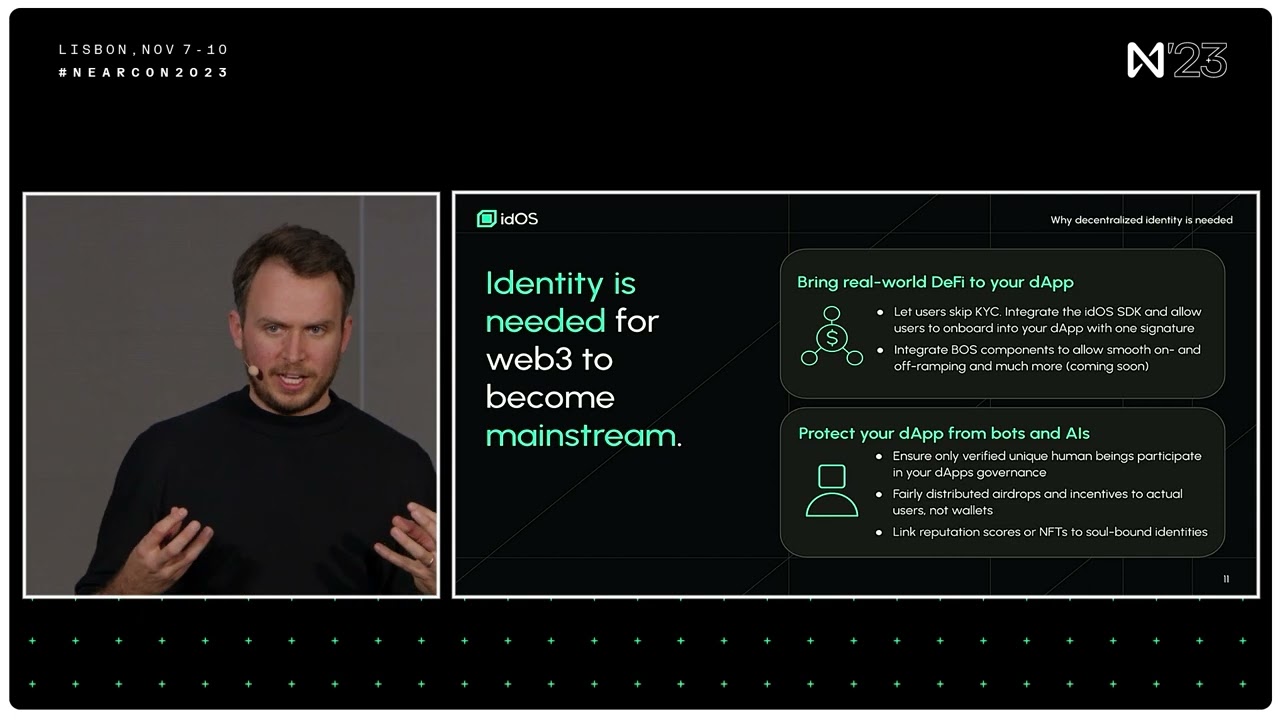
Self-Sovereign Identity Control: Users own and manage their encrypted personal data, from credentials to KYC details, with full authority to grant or revoke access as needed.
-
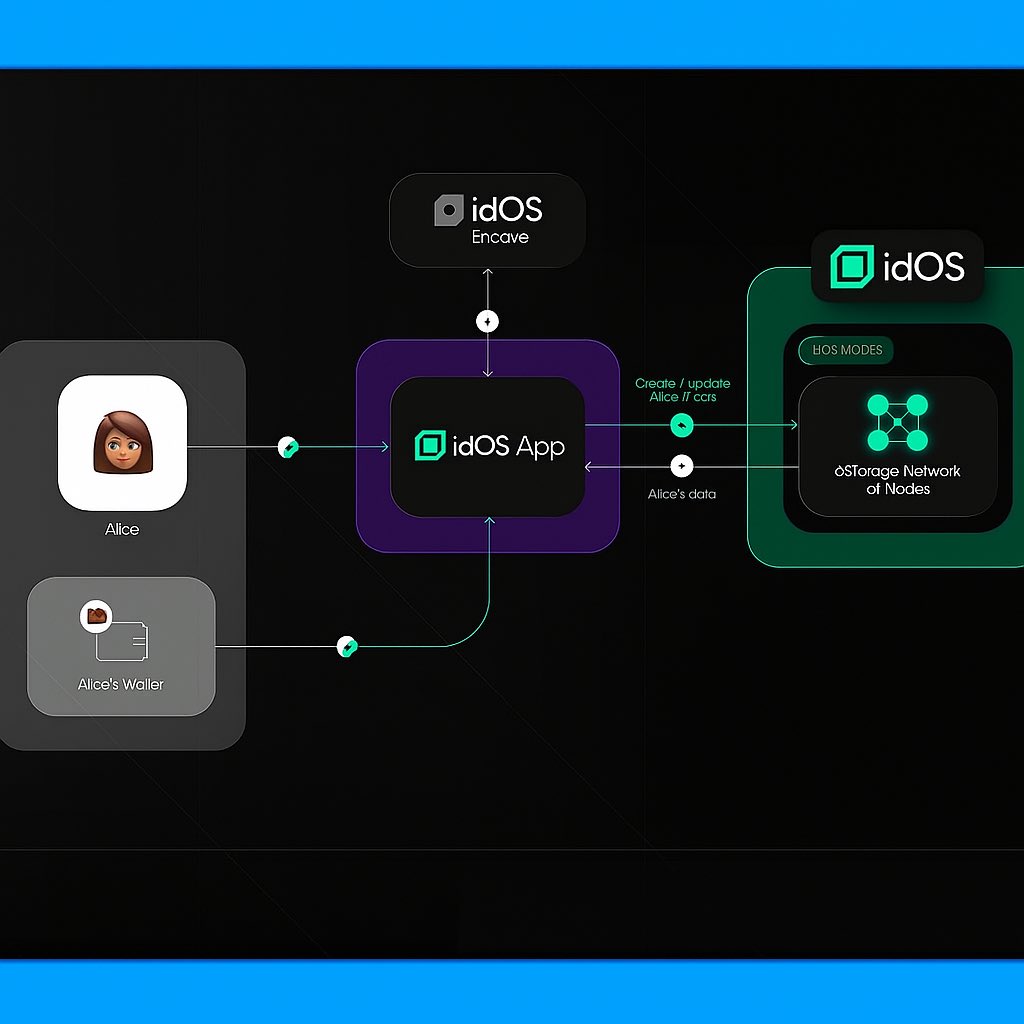
Reusable KYC Across 40+ Blockchains: Complete KYC verification once and reuse credentials seamlessly across multiple decentralized applications (dApps) and blockchain networks, eliminating repetitive onboarding.
-
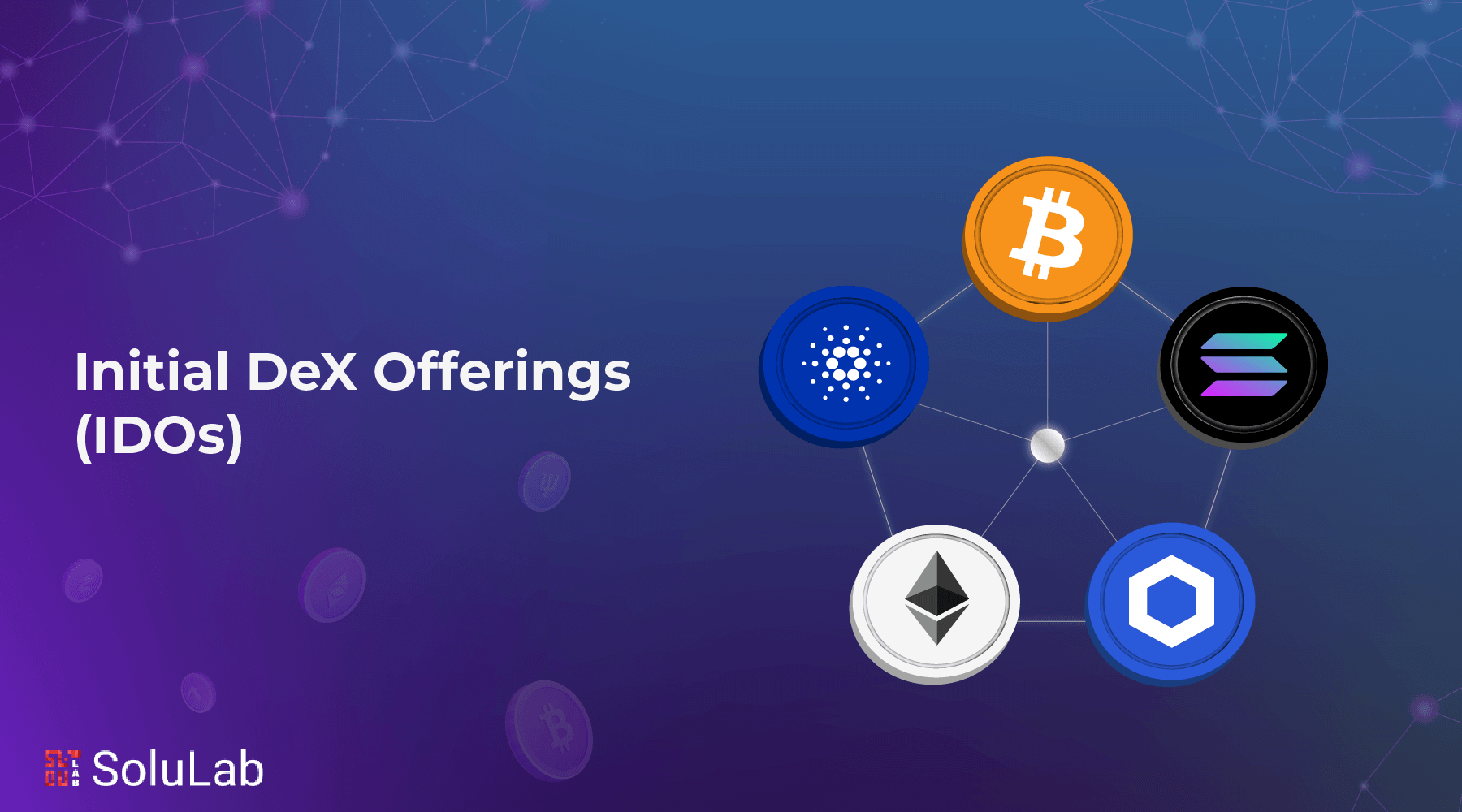
Enhanced Security with Multi-Party Computation (MPC): Private keys are split and managed across multiple nodes, ensuring no single entity ever has full access, significantly reducing security risks.
-
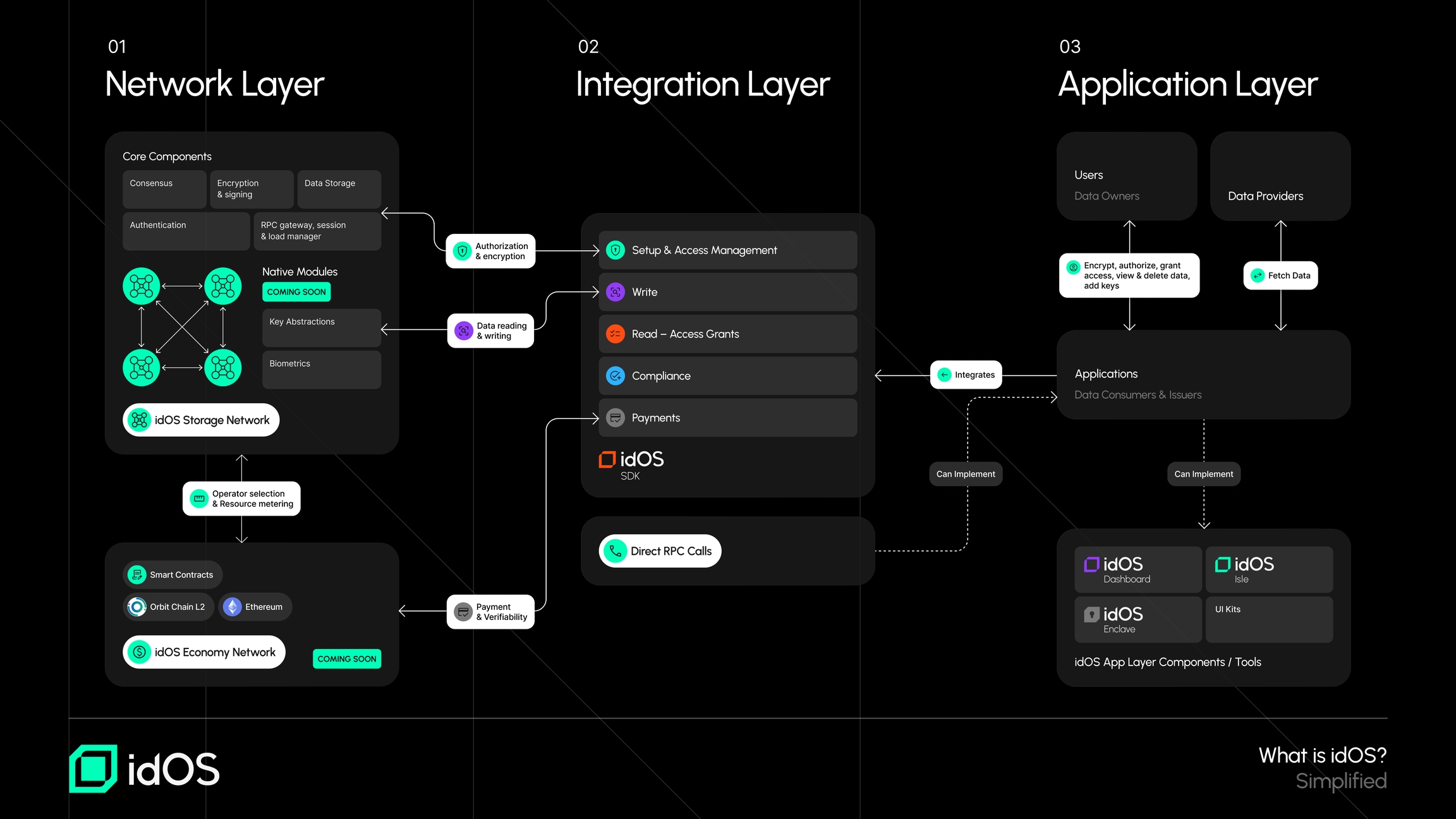
Decentralized, Privacy-First Data Storage: All identity data is stored on a decentralized network of nodes, not centralized servers, ensuring robust privacy and resistance to single-point failures.
-

Regulatory Compliance and User Deletion Rights: idOS is designed to align with major data protection regulations like GDPR, enabling time-locked access for regulated entities and enforcing users’ rights to delete their data.
-
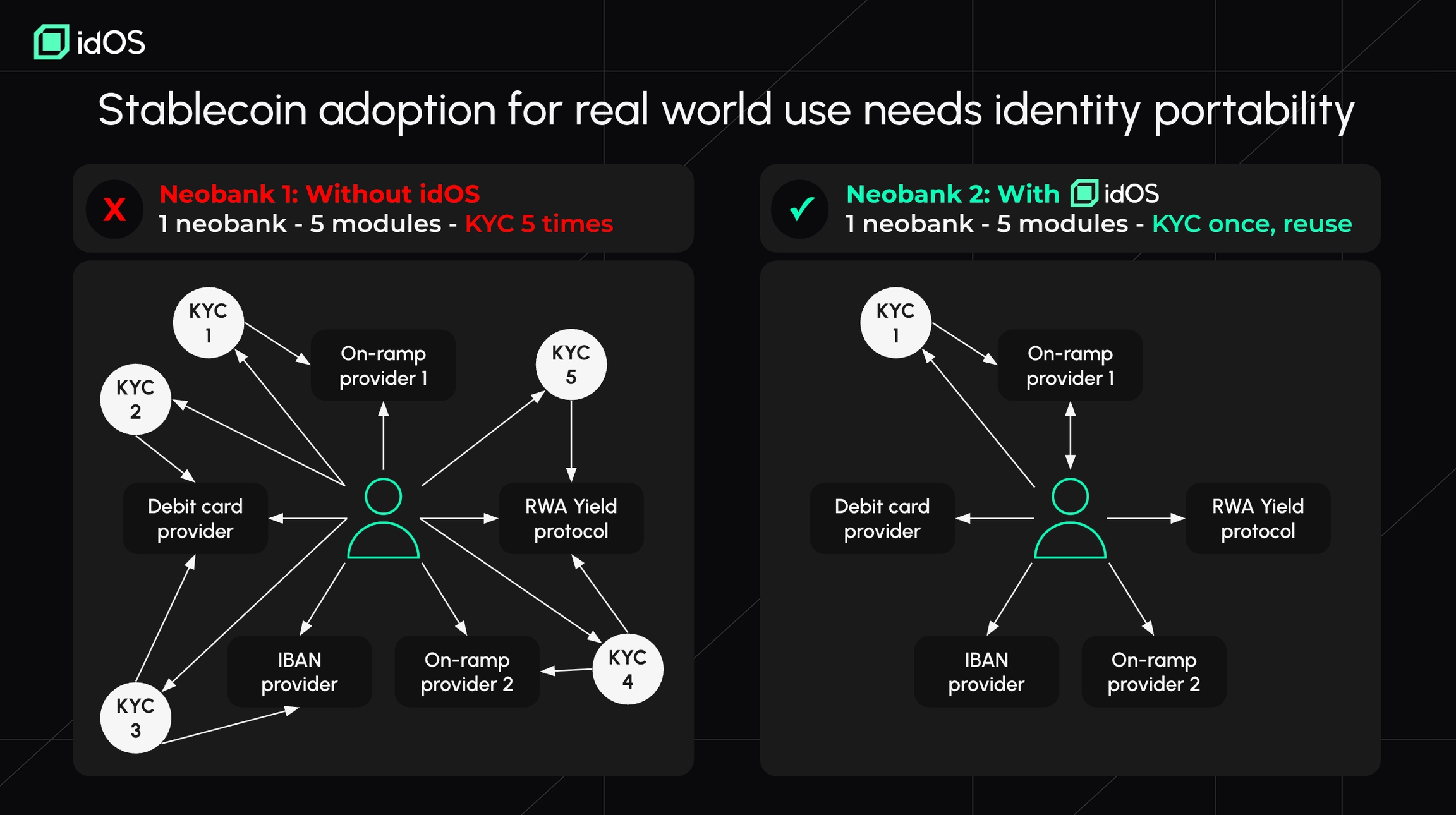
Seamless Developer Integration: Developers benefit from an easy-to-integrate, compliant KYC layer that works across the entire Web3 stack, reducing onboarding friction and compliance burdens.
-
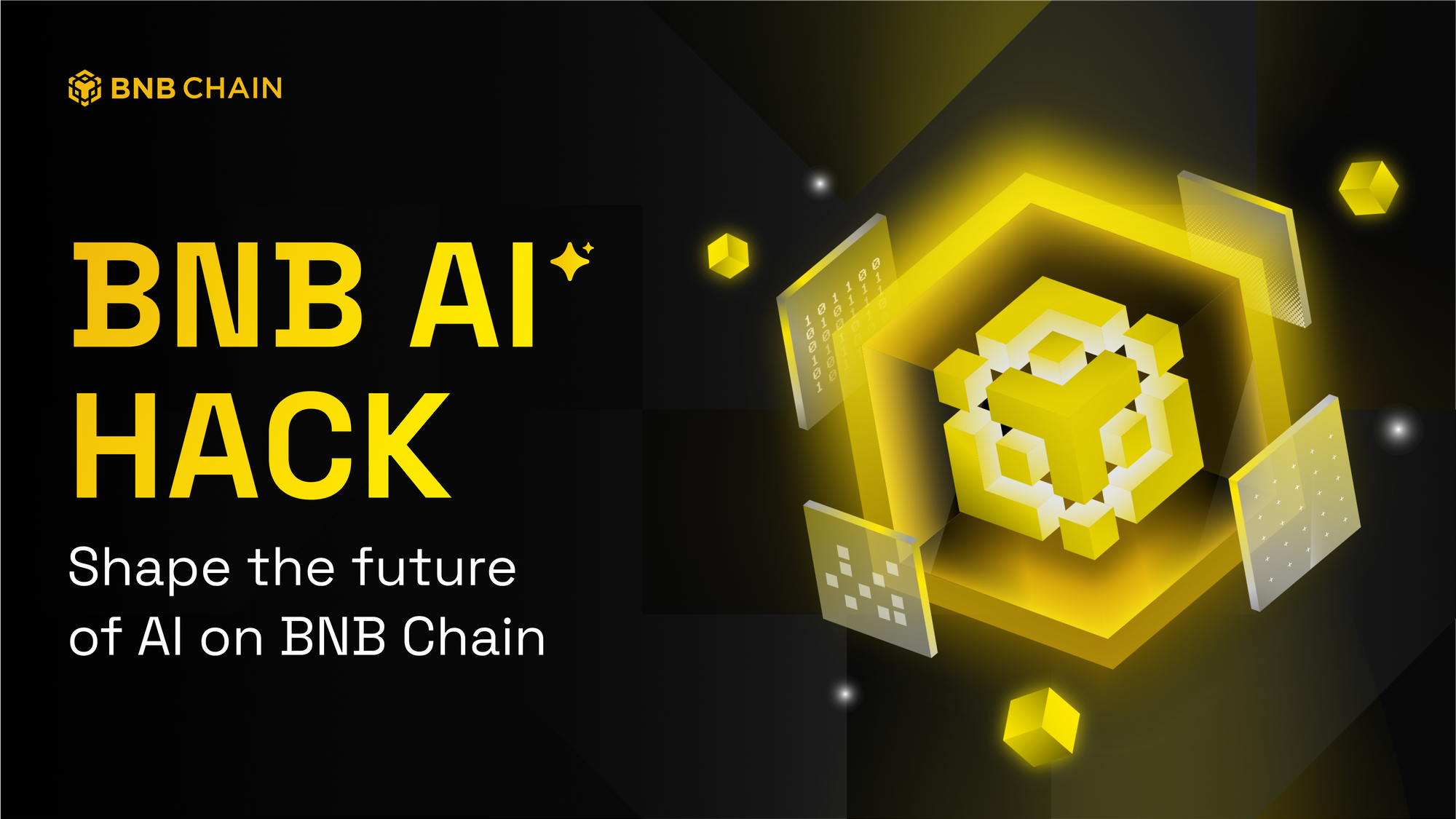
Cross-Chain and Offline Availability: idOS supports both EVM and non-EVM chains, with user data accessible even when offline, ensuring broad compatibility and uninterrupted access.
For end-users, the experience is transformative: onboarding becomes a matter of granting permission rather than resubmitting documents, and one’s verified credentials can be used to access DeFi protocols, NFT platforms, DAOs, and more. The days of fragmented identities and repeated KYC checks are over; instead, a single portable digital identity can unlock the full spectrum of decentralized services. This is especially compelling in regions where access to traditional financial infrastructure is limited or where privacy concerns are paramount.
Moreover, idOS’s compliance with regulatory standards such as GDPR ensures that both individuals and enterprises can participate in the ecosystem without fear of violating data protection laws. Features like time-locked access grants and proof-of-state deletion rights provide assurances to users that their data will not be misused or retained longer than necessary. These capabilities are increasingly important as regulators pay closer attention to how personal information is managed in digital environments.
Expanding Ecosystem and Real-World Adoption
The adoption curve for portable Web3 identity is accelerating as more dApps recognize the value of interoperable KYC credentials. idOS has already demonstrated cross-chain compatibility across more than 40 networks, including both EVM-compatible and non-EVM blockchains. This broad integration is crucial for users who wish to move seamlessly between different blockchain ecosystems without losing control over their credentials or exposing themselves to unnecessary risk.
As new regulatory frameworks emerge globally, solutions like idOS will play a pivotal role in bridging compliance with privacy-centric design. The ability to prove identity once and reuse those proofs across diverse platforms not only streamlines user experience but also reduces operational costs for service providers, a win-win scenario for all stakeholders.
For those interested in deeper technical details or practical implementation guides on how idOS achieves reusable KYC and portable self-sovereign identity across multiple blockchains, resources such as this comprehensive guide provide further insights into architecture, security considerations, and best practices.
What Comes Next?
The future of decentralized identity hinges on solutions that balance user empowerment with institutional trust requirements. With its chain-agnostic infrastructure, advanced cryptography, and regulatory alignment, idOS sets a new standard for what portable Web3 identity can achieve, eliminating legacy KYC hassles while safeguarding privacy at every turn.






